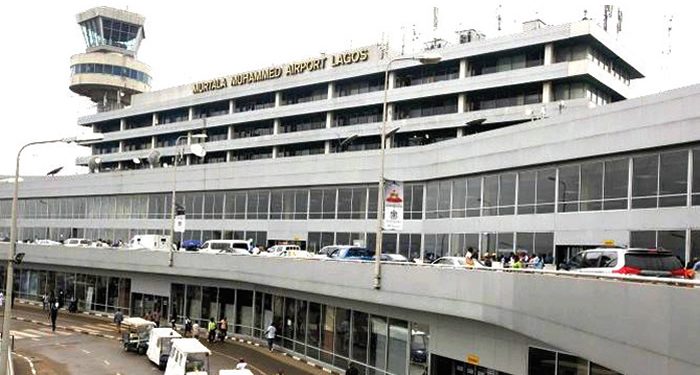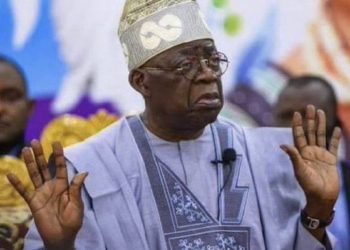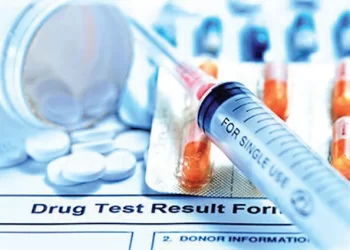The recent rumpus about the planned upgrade of Terminal One of the Murtala Mohammed International Airport, Lagos, reflects deep concerns over transparency, fiscal prudence, and national priorities.
Yet, this would have been avoided if due process had been strictly followed in awarding the N712.26 billion ($445 million) contract.
Many Nigerians question whether the contract, awarded to China Civil Engineering Construction Corporation, underwent a competitive and transparent bidding process. The government, while justifying the cost as necessary for a full structural overhaul, has been less forthcoming on the bidding process.
According to the Minister of Aviation and Aerospace Development, Festus Keyamo, the renovation involved stripping the old terminal down to its structural carcass. It would then be rebuilt with new mechanical, electrical, and plumbing systems to meet modern, international standards.
Keyamo explained that Terminal Two would be expanded, including constructing a new apron, two ring roads in and out of the airport, and a bridge that would take travellers directly to the upper floor of the Terminal Two Departure lounge.
According to him, the funds for the project are from the savings gained through the subsidy removal and naira devaluation.
Critics, notably the African Democratic Congress, challenged the project’s legitimacy, arguing that the expenditure lacked National Assembly backing and was absent from approved budgets.
They see the nearly trillion-naira outlay as insensitive amid widespread economic hardship, hunger, and insecurity, questioning how such large sums could be spent “without appropriation, without scrutiny, and without the consent” of elected representatives.
No doubt, building or renovating modern airports is capital-intensive. The cost varies, depending largely on size, location, and complexity. The new Angolan international airport reportedly cost $3.8 billion. It has two modern runways and three terminal buildings.
The Brisbane Airport expansion in Australia reportedly cost $3.3 billion. The Viracopos International Airport Modernisation Project in Brazil cost $4.62 billion, while the Vaclav Havel Airport Terminal 2 expansion in the Czech Republic was valued at $1.19 billion.
The Dallas-Fort Worth International Airport Terminal in the United States cost $4.8 billion. The estimated cost for Al Maktoum International Airport in Dubai, designed to handle over 200 million passengers annually, is $32 billion. The Beijing Daxing Airport, opened in 2019, cost $17 billion.
Initially built during World War II and originally known as the Lagos Airport, the MMIA, modelled after the Schiphol Airport in Amsterdam, was officially opened in March 1979. It was designed for 200,000 passengers. Today, Nigeria’s busiest airport processed 6.6 million passengers in 2024.
The Goodluck Jonathan administration obtained a $500 million Chinese loan to construct five new international terminals, including a passenger terminal in MMIA.
Former President Muhammadu Buhari opened the new Lagos terminal in March 2022 to help decongest the old terminal.
The original terminal is overdue for renovation, with some of the facilities, including the conveyor belt and the air conditioning systems, working at suboptimal levels.
To build public confidence and remove every doubt about the cost of the renovation, every kobo spent must be justified and accounted for.
Airport connectivity must be seamless. Passengers should not need to leave the airport premises to transfer flights.
Airlines and airport operational users should have input in the renovation process to complement improvements. There needs to be a plan for the project’s sustainability, ensuring that the government recoups its investment within a reasonable timeframe.
An airport should be a tourist attraction, driving an entire logistics and hospitality ecosystem, not just where planes take off and land.
The Federal Government should consider granting a concession to private concerns or privatise it outright for the effective management of the airport.
Margaret Thatcher, the late British Prime Minister, privatised Heathrow Airport in 1987. The Federal Government should not shy away from privatisation.
















































